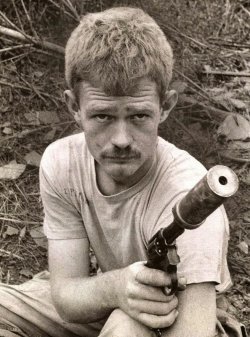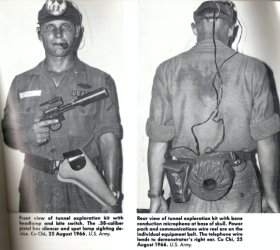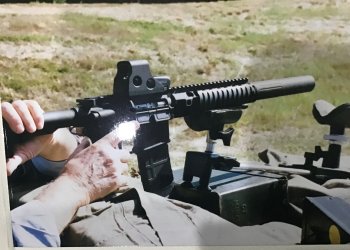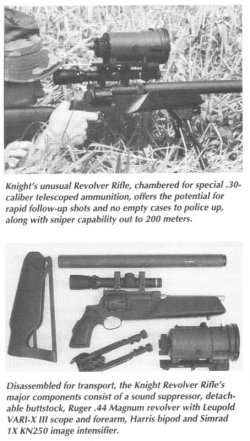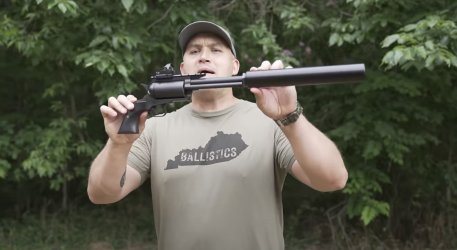8shot
Member
I remember watching old black and white TV shows where the mob hitman pulls out a snub nose revolver and screws on a silencer before the puffs ring out and the good guys fall down  Thinking to myself what good is the suppressor when dealing with cylinder gaps! In the real world could a revolver be suppressed?
Thinking to myself what good is the suppressor when dealing with cylinder gaps! In the real world could a revolver be suppressed?

